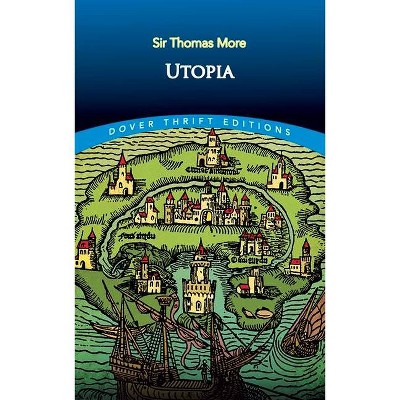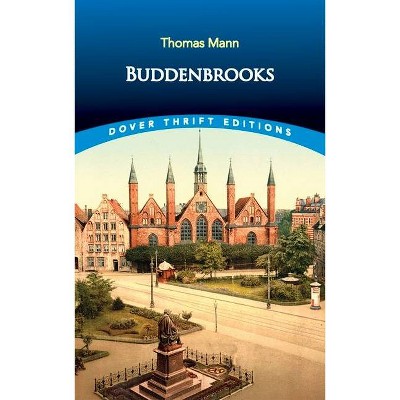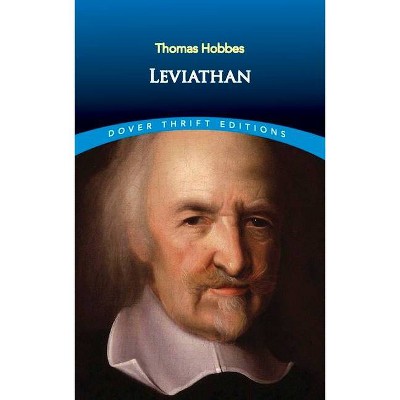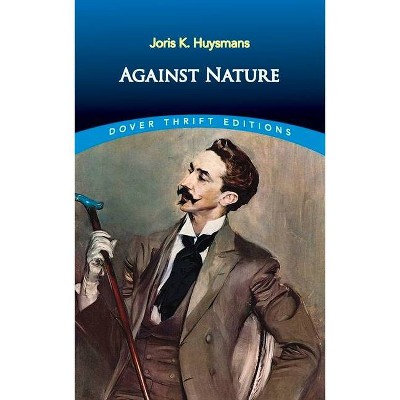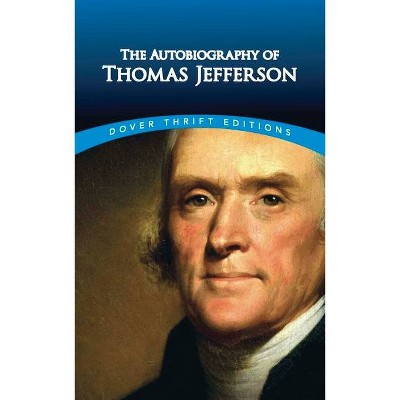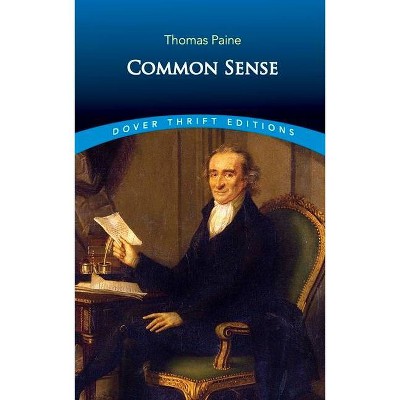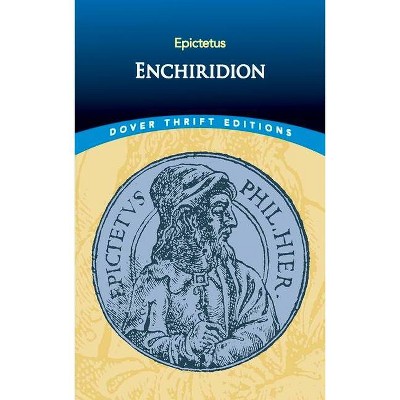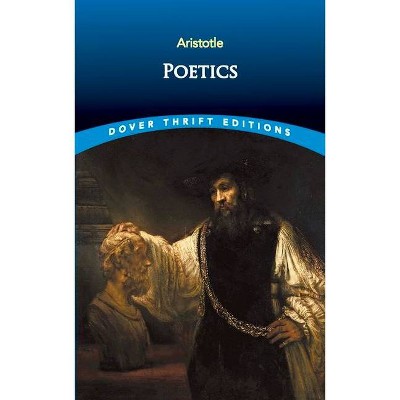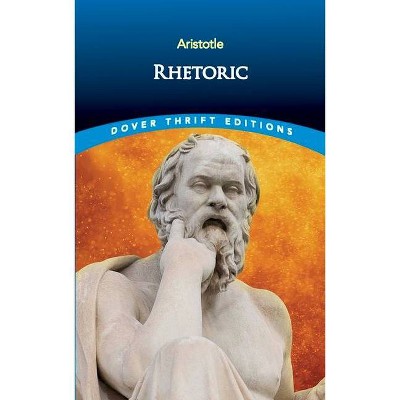A Dialogue of Comfort Against Tribulation - (Dover Thrift Editions) by Thomas More (Paperback)
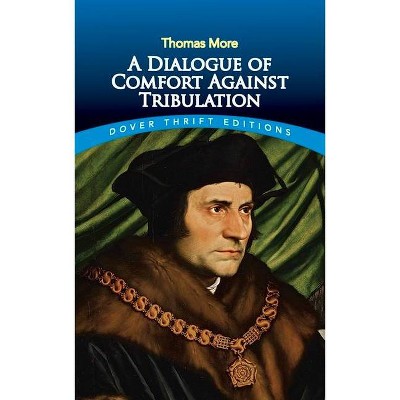
Similar Products
Products of same category from the store
AllProduct info
<p/><br></br><p><b> About the Book </b></p></br></br>The Renaissance humanist's 1534 dialogue takes place in Hungary during the Ottoman conquests, offering a penetrating exploration of the fleeting nature of pleasure, the essence of worldly power, and Christ's redemptive power.<p/><br></br><p><b> Book Synopsis </b></p></br></br>I die the King's good servant, but God's first, declared Sir Thomas More from the scaffold upon his 1535 execution for treason. Condemned to death for his refusal to acknowledge Henry VIII as the Supreme Head of the Church of England, More spent his final months in the Tower of London, writing this message of hope in the face of suffering. <br>The noted Renaissance humanist cast his work of political thought and spiritual reflection in the form of a fictional dialogue between a young man and his dying uncle. Set in sixteenth-century Hungary during the Ottoman conquests, the colloquy voices the youth's anguish at the impending invasion and the elder's words of solace. More offers a reflection of his own dire circumstances as well as a powerful statement of his conviction that God is a Christian's only comfort. A penetrating exploration of the fleeting nature of pleasure, the essence of worldly power, and Christ's redemptive power, this book constitutes an enduring legacy of faith.<p/><br></br><p><b> From the Back Cover </b></p></br></br><p>I die the King's good servant, but God's first, declared Sir Thomas More from the scaffold upon his 1535 execution for treason. Condemned to death for his refusal to acknowledge Henry VIII as the Supreme Head of the Church of England, More spent his final months in the Tower of London, writing this message of hope in the face of suffering. <br>The noted Renaissance humanist cast his work of political thought and spiritual reflection in the form of a fictional dialogue between a young man and his dying uncle. Set in sixteenth-century Hungary during the Ottoman conquests, the colloquy voices the youth's anguish at the impending invasion and the elder's words of solace. More offers a reflection of his own dire circumstances as well as a powerful statement of his conviction that God is a Christian's only comfort. A penetrating exploration of the fleeting nature of pleasure, the essence of worldly power, and Christ's redemptive power, this book constitutes an enduring legacy of faith.<br><b>www.doverpublications.com</b></p><p/><br></br><p><b> About the Author </b></p></br></br>Author, philosopher, and scholar Sir Thomas More (1478-1535) served as Henry VIII's Lord Chancellor. More's enmity toward the Protestant Reformation and refusal to acknowledge his king as supreme head of the Church of England led to accusations of treason, resulting in a trial and conviction. While imprisoned in the Tower of London and awaiting execution, More wrote <i>A Dialogue of Comfort Against Tribulation. </i>
Price History
Cheapest price in the interval: 5.99 on October 22, 2021
Most expensive price in the interval: 5.99 on December 20, 2021
Price Archive shows prices from various stores, lets you see history and find the cheapest. There is no actual sale on the website. For all support, inquiry and suggestion messages communication@pricearchive.us
